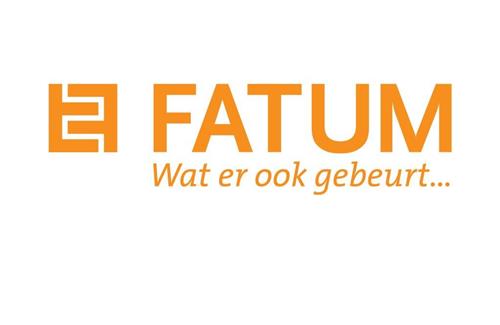Rotary clubs in Canada invest in the PACT program, an urban peace initiative that aims to break the cycle of youth crime
.JPG)
Akeem Stephenson wanted to go to jail. He believed it was the only way he could free himself from a life of crime — a life he desperately wanted to change.
After being arrested for a fourth time more than 10 years ago, for aggravated robbery, the teenager in Toronto, Ontario, Canada, was set to go to prison. But the judge saw something in Stephenson that suggested that he could redeem himself. So he gave Stephenson a choice: participate in an 18-month youth program, or serve the six-month sentence.
For Stephenson, the choice was clear. He decided to transform his life through the PACT Urban Peace Program.
PACT, which stands for Participation, Acknowledgement, Commitment, and Transformation, is a Toronto-based, award-winning charity supported by Rotary clubs in Canada. It works with at-risk young people and those who have committed crimes to change their direction in life. Entrepreneur and Toronto Rotary member David Lockett co-founded the program more than 20 years ago.
The intensive, step-by-step program aims to break the cycle of poverty and criminal behavior. Its goal is to determine what the participants need and develop strategies “to put them on a positive path in their life, so they can enrich not only their own lives, but their community,” says Lockett, a member of the Rotary E-Club of Social Innovators D7090.
Lockett says PACT builds peace in urban communities. “It’s all about looking at the impact of violence and criminal behavior, and understanding the dynamics of the problem, and creating highly effective solutions to make investments for at-risk youth at an early stage,” he says. “It’s really quite simple. If you want to help at-risk youth, you really have to understand the simple needs they have.”
He acknowledges that young people who commit crimes should be held accountable, and for many of them, that includes serving jail time. But for some, those he says come from “squalid and deplorable backgrounds” with very little parental guidance, PACT is a resource that can change their lives and reduce the likelihood that they will commit more crimes.
The organization works with the judicial system to identify repeat offenders ages 12-19 who may benefit from the program. After a young adult is convicted of a crime, the judge or judicial official refers them to PACT as part of a probation order.



.jpg)




